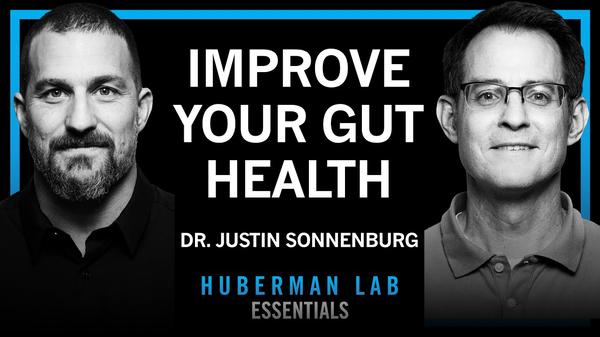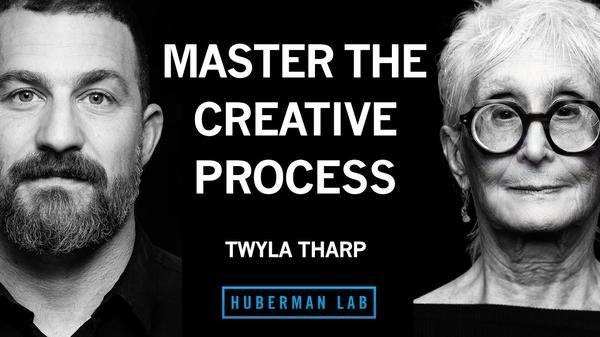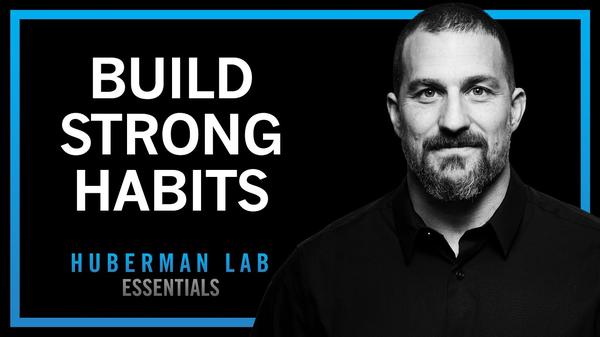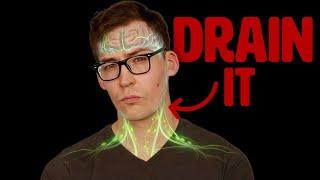
How Smell, Taste & Pheromones Shape Behavior | Huberman Lab Essentials
Andrew Huberman
May 1, 2025
Mindsip insights from this episode:
Monitor smell to assess brain health
Your ability to smell is a strong indicator of brain health because olfactory neurons are unique in their ability to be constantly replenished throughout life, and their loss can signal brain injury.
Train your sense of smell to enhance neuron growth
You can enhance your sense of smell and promote the creation of new neurons by frequently and closely smelling different odors, a practice particularly beneficial for recovery from head injuries.
Use peppermint scent to boost alertness and attention
The smell of peppermint can increase attention and create an arousal response, acting as a milder and safer alternative to ammonia-based smelling salts for waking up the brain.
Debunk the tongue map myth: taste receptors intermixed across tongue
Contrary to old textbook diagrams, taste receptors for sweet, salty, bitter, sour, and umami are not in separate zones but are completely intermixed all over your tongue.
Discover tongue's ability to sense fat content in food
In addition to the five primary tastes, there is growing scientific evidence that our tongues have specific receptors to sense the fat content in food.
Recognize subconscious hand-smelling after handshakes
Research shows that after shaking hands, people will subconsciously touch their own face or eyes within seconds to sample the chemical signature from the other person's skin.
Recognize women's tears to lower men's testosterone levels
A study found that men who smelled tears from women crying due to sadness experienced a significant reduction in their testosterone levels and brain areas associated with sexual arousal.
Inhale to boost alertness and cognitive function
The physical act of inhaling, independent of any specific odor, increases alertness and cognitive function, which is why nasal breathing during focused work can improve learning.
More from
Andrew Huberman
You also might be interested in
The Hidden Damage That Happens "Behind-The-Scenes" In The Adult Entertainment Industry, With Former Adult Actress Felicity Feline
The Science of Erotic Altered States | Biohacking Sex
Neuroscientist: If You’re Feeling THIS, You’ve Lost Touch With Your True Self
Neuroscientist: If You Feel THIS, You're Living the Wrong Life (Unlock The One You're Meant For)
Drain your Brain, Protect it from Alzheimer’s Disease
















